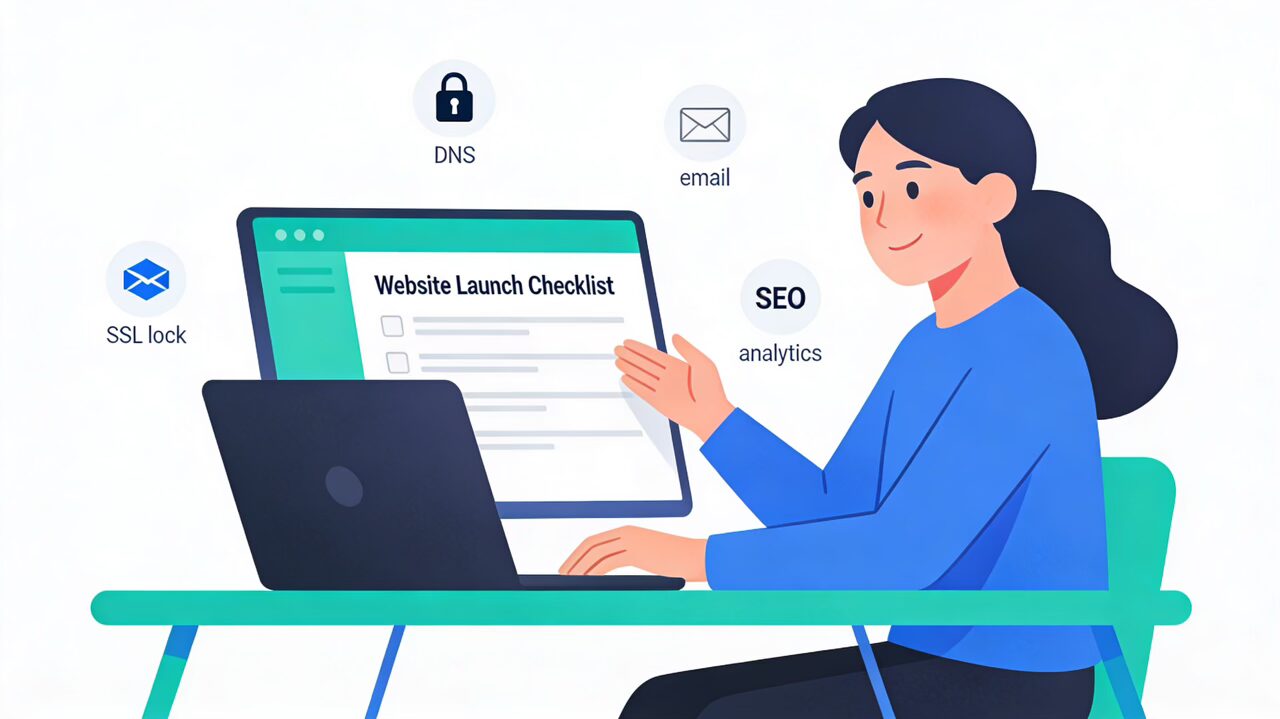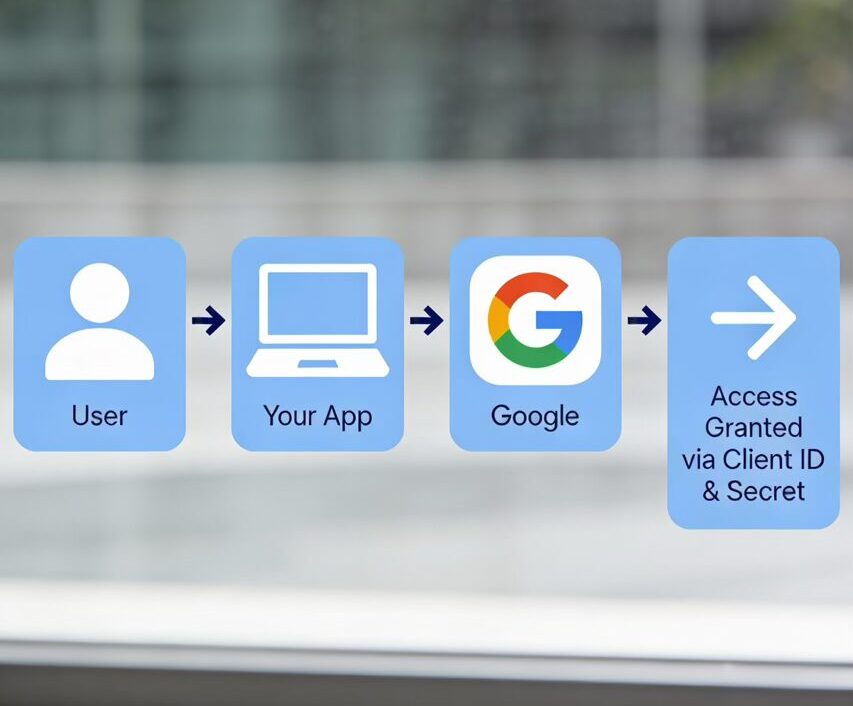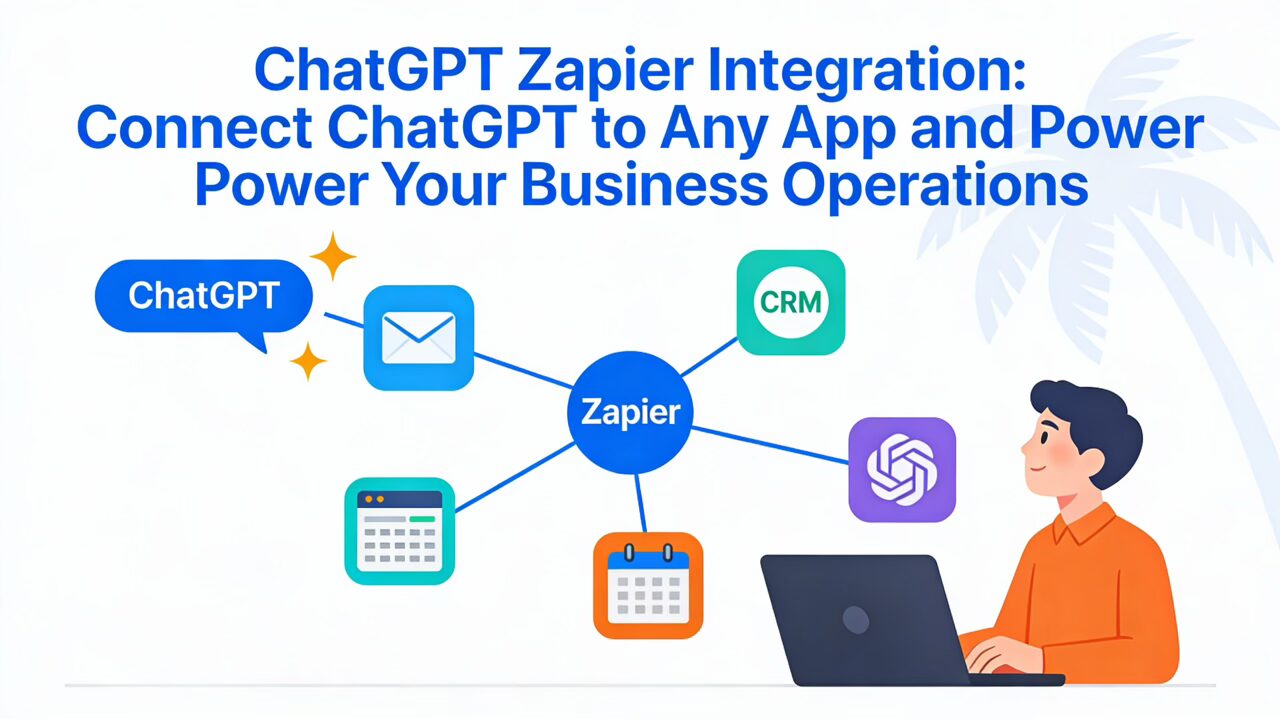By optimizing your website for conversions, you can increase your revenue, grow your customer base, and achieve your business goals.
If you have a membership, eCommerce, eLearning, or business website, it’s important to optimize it for conversions. Conversion optimization involves making changes to your website in order to increase the likelihood that visitors will take a desired action, such as signing up for a newsletter, making a purchase, or filling out a contact form.
Here are some tips for optimizing your website for conversions:
Clearly define your target audience
Before you can optimize your website for conversions, you need to know who your target audience is. Defining your target audience involves identifying the characteristics and needs of the people you want to reach. This includes factors like age, location, income level, interests, and behaviors. By understanding your target audience, you can create a website that speaks directly to them and addresses their needs.
Make your value proposition clear
Your value proposition is the unique benefit that you offer to your customers. It’s the reason why someone should choose your product or service over others. To optimize your website for conversions, you need to make your value proposition clear and easy to understand. This means highlighting the benefits of your product or service and explaining why it’s the best choice for your target audience.
Use persuasive language
The language you use on your website can have a big impact on conversions. To optimize your website for conversions, you should use persuasive language that inspires confidence and motivates visitors to take action. This includes using action verbs, creating a sense of urgency, and using social proof (such as customer reviews and testimonials).
Make it easy for visitors to take action
To optimize your website for conversions, you need to make it easy for visitors to take the desired action. This means having a clear call to action (such as “Sign Up Now” or “Buy Now”), making it easy to find the right page or form, and minimizing the number of steps required to complete the process.
Use A/B testing
A/B testing (also known as split testing) involves creating two versions of a webpage and testing which one performs better. This can be an effective way to optimize your website for conversions, as it allows you to see which changes are most effective at increasing conversions.
Optimize for mobile
More and more people are using their smartphones to browse the web, so it’s important to optimize your website for mobile devices. This means making sure that your website is easy to navigate and read on a small screen, and that it loads quickly.
Use visual elements effectively
Visual elements, such as images and videos, can be powerful tools for capturing the attention of visitors and conveying your message. To optimize your website for conversions, you should use visual elements effectively, including using high-quality images and videos, and placing them in strategic locations on your website.
Use clear and concise copy
To optimize your website for conversions, you should use clear and concise copy that is easy to understand and free of errors. This means avoiding jargon and using simple language that is easy for everyone to understand.
Make your website easy to navigate
A website that is easy to navigate is more likely to convert visitors into customers. To optimize your website for conversions, you should make it easy for visitors to find what they are looking for and to understand how your website is organized. This includes using clear headings, providing a search function, and having a clear hierarchy of information.
Use trust signals
To optimize your website for conversions, it’s important to establish trust with your visitors. Trust signals are elements on your website that demonstrate that you are a credible and reliable business. These can include security badges, customer reviews, and privacy policies. By using trust signals, you can increase the likelihood that visitors will feel comfortable taking the desired action on your website.
Optimize your loading speed
A slow loading website can be a major barrier to conversions. To optimize your website for conversions, you should make sure that it loads quickly and efficiently. This means optimizing images, using caching, and minimizing the use of large files or unnecessary plugins.
Use persuasive design
The design of your website can have a big impact on conversions. To optimize your website for conversions, you should use persuasive design techniques that draw the attention of visitors and guide them towards the desired action. This includes using color, contrast, and white space effectively, and using layout and typography to create a sense of hierarchy and focus.
Personalize the user experience
Personalization is the practice of tailoring the user experience to the individual visitor. To optimize your website for conversions, you should consider using personalization techniques such as personalized recommendations, personalized messaging, and personalized landing pages. By personalizing the user experience, you can increase the likelihood that visitors will take the desired action on your website.
Use social media to drive traffic
Social media can be a powerful tool for driving traffic to your website and increasing conversions. To optimize your website for conversions, you should use social media to promote your products or services, engage with your audience, and build your brand.
Use retargeting to bring back lost visitors
Retargeting is the practice of showing targeted ads to users who have previously visited your website. To optimize your website for conversions, you should consider using retargeting to bring back lost visitors and encourage them to take the desired action.
By following these tips, you can optimize your membership, eCommerce, eLearning, or business website for conversions and achieve your business goals. Remember to continually test and optimize your website, as conversion optimization is an ongoing process.
Who Can Help Me Optimize My Website?
If you’re looking to optimize your website for conversions, Devbo can help. Our team of experts has years of experience helping businesses like yours increase their revenue and achieve their business goals through conversion optimization.
We can help you identify your target audience, create a compelling value proposition, and use persuasive design and language to drive conversions. Contact Devbo today to learn more about how we can help you optimize your website for conversions.
What are some examples?
Starting from scratch is hard and shouldn’t be the go-to for creating an optimized website. A place we love to go is Design Rush who specialize in spotting out fantastic Campaign Design. Check them out for some great ideas on how you want your content to look!
Here are a few studies that demonstrate the impact of conversion optimization on business performance, with links to the original sources:
- A study by the Aberdeen Group (Web Design Impacts Your SEO Score – Aberdeen Strategy & Research) found that companies with a strong focus on design optimization saw an increase in their SEO scores.
- A survey by Econsultancy (https://www.econsultancy.com/reports/conversion-rate-optimization-report/) found that companies that prioritize conversion rate optimization saw an average increase in revenue of 23%.
- Unbounce Conversion Intelligence Blog (https://www.unbounce.com/conversion-intelligence-blog/) This blog is published by Unbounce, a company that provides tools for creating and optimizing landing pages. The blog features a wide range of articles on CRO, including tips on how to design effective landing pages, conduct A/B testing, and increase conversions.
- Moz Blog (https://moz.com/blog/category/conversion-rate-optimization) This blog is published by Moz, a company that provides SEO and inbound marketing tools. The blog features a variety of articles on CRO, including tips on how to optimize websites for conversions, improve the user experience, and measure the effectiveness of CRO efforts.
These studies demonstrate the significant impact that conversion optimization can have on business performance. By making targeted improvements to your website, you can increase your revenue and achieve your business goals.









